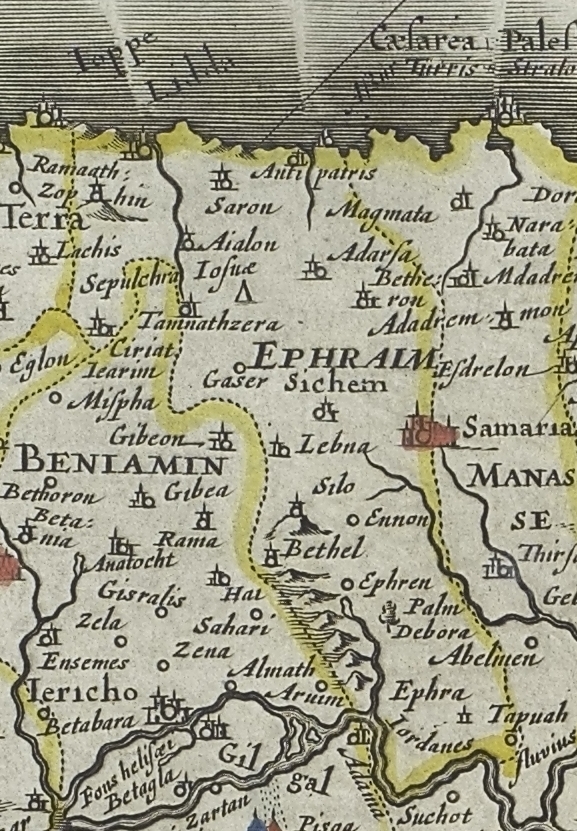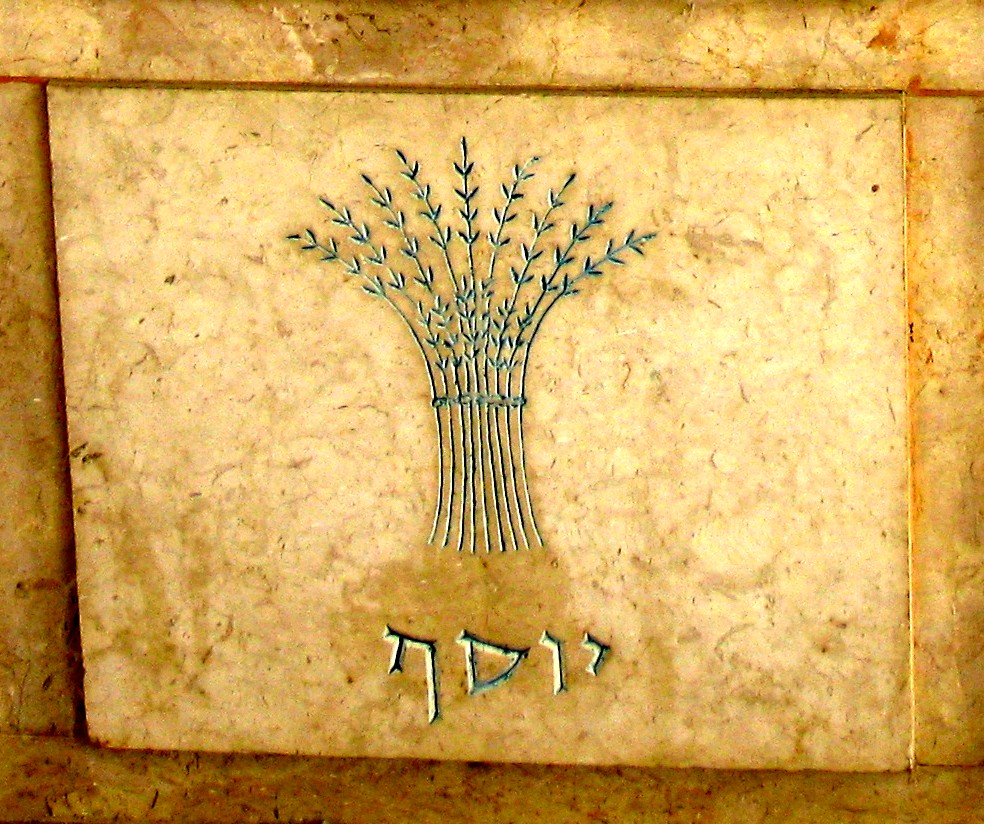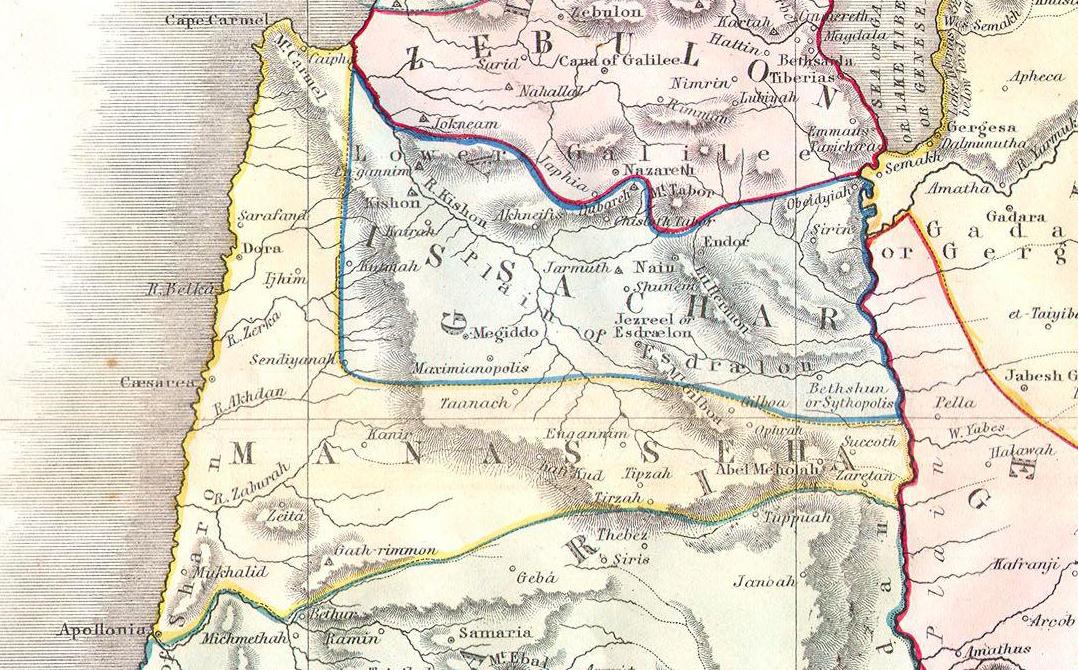|
List Of Major Biblical Figures
The Bible is a canonical collection of texts considered sacred in Judaism or Christianity. Different religious groups include different books within their canons, in different orders, and sometimes divide or combine books, or incorporate additional material into canonical books. Christian Bibles range from the sixty-six books of the Protestant canon to the eighty-one books of the Ethiopian Orthodox Church canon. Hebrew Bible Prophets *Samuel *Enoch Kings *David *Solomon Priests * Aaron * Eleazar * Eli * Phinehas Tribes of Israel According to the Book of Genesis, the Israelites were descendants of the sons of Jacob, who was renamed Israel after wrestling with an angel. His twelve male children become the ancestors of the Twelve Tribes of Israel. * Asher * Benjamin * Dan * Gad * Issachar * Joseph, which was split into two tribes descended from his sons: ** Tribe of Ephraim ** Tribe of Manasseh * Judah * Levi * Naphtali * Reuben * Simeon * Zebulun Deuterocanon Maccabee ... [...More Info...] [...Related Items...] OR: [Wikipedia] [Google] [Baidu] |
Bible
The Bible (from Koine Greek , , 'the books') is a collection of religious texts or scriptures that are held to be sacred in Christianity, Judaism, Samaritanism, and many other religions. The Bible is an anthologya compilation of texts of a variety of forms originally written in Hebrew, Aramaic, and Koine Greek. These texts include instructions, stories, poetry, and prophecies, among other genres. The collection of materials that are accepted as part of the Bible by a particular religious tradition or community is called a biblical canon. Believers in the Bible generally consider it to be a product of divine inspiration, but the way they understand what that means and interpret the text can vary. The religious texts were compiled by different religious communities into various official collections. The earliest contained the first five books of the Bible. It is called the Torah in Hebrew and the Pentateuch (meaning ''five books'') in Greek; the second oldest part was a coll ... [...More Info...] [...Related Items...] OR: [Wikipedia] [Google] [Baidu] |
Israelites
The Israelites (; , , ) were a group of Semitic-speaking tribes in the ancient Near East who, during the Iron Age, inhabited a part of Canaan. The earliest recorded evidence of a people by the name of Israel appears in the Merneptah Stele of ancient Egypt, dated to about 1200 BCE. According to the modern archaeological account, the Israelites and their culture branched out of the Canaanite peoples and their cultures through the development of a distinct monolatristic—and later monotheistic—religion centred on the national god Yahweh.Mark Smith in "The Early History of God: Yahweh and Other Deities of Ancient Israel" states "Despite the long regnant model that the Canaanites and Israelites were people of fundamentally different culture, archaeological data now casts doubt on this view. The material culture of the region exhibits numerous common points between Israelites and Canaanites in the Iron I period (c. 1200–1000 BCE). The record would suggest that the Isra ... [...More Info...] [...Related Items...] OR: [Wikipedia] [Google] [Baidu] |
Tribe Of Judah
According to the Hebrew Bible, the tribe of Judah (, ''Shevet Yehudah'') was one of the twelve Tribes of Israel, named after Judah, the son of Jacob. Judah was the first tribe to take its place in the Land of Israel, occupying the southern part of the territory. Jesse and his sons, including King David, belonged to this tribe. Biblical account The tribe of Judah, its conquests, and the centrality of its capital in Jerusalem for the worship of the god Yahweh figure prominently in the Deuteronomistic history, encompassing the books of Deuteronomy through II Kings, which most scholars agree was reduced to written form, although subject to exilic and post-exilic alterations and emendations, during the reign of the Judahite reformer Josiah from 641–609 BCE. According to the account in the Book of Joshua, following a partial conquest of Canaan by the Israelite tribes (the Jebusites still held Jerusalem),Kitchen, Kenneth A. (2003), ''On the Reliability of the Old Testament'' ( ... [...More Info...] [...Related Items...] OR: [Wikipedia] [Google] [Baidu] |
Tribe Of Manasseh
According to the Hebrew Bible, the Tribe of Manasseh (; Hebrew: ''Ševet Mənašše,'' Tiberian: ''Šēḇeṭ Mănašše'') was one of the Tribes of Israel. It is one of the ten lost tribes. Together with the Tribe of Ephraim, Manasseh also formed the ''House of Joseph''. Biblical Chronicle According to the biblical chronicle, the Tribe of Manasseh was a part of a loose confederation of Israelite tribes from after the conquest of the land by Joshua until the formation of the first Kingdom of Israel in c. 1050 BC. No central government existed, and in times of crisis the people were led by ad hoc leaders known as Judges (see Book of Judges). With the growth of the threat from Philistine incursions, the Israelite tribes decided to form a strong centralised monarchy to meet the challenge, and the Tribe of Manasseh joined the new kingdom with Saul as the first king. After the death of Saul, all the tribes other than Judah remained loyal to the House of Saul, but after the death o ... [...More Info...] [...Related Items...] OR: [Wikipedia] [Google] [Baidu] |
Tribe Of Ephraim
According to the Hebrew Bible, the Tribe of Ephraim ( he, אֶפְרַיִם, ''ʾEp̄rayīm,'' in pausa: אֶפְרָיִם, ''ʾEp̄rāyīm'') was one of the tribes of Israel. The Tribe of Manasseh together with Ephraim formed the ''House of Joseph''. It is one of the ten lost tribes. The etymology of the name is disputed.For the etymology, see Ephraim as portrayed in biblical narrative According to the Bible, the Tribe of Ephraim is descended from a man named Ephraim, who is recorded as the son of Joseph, the son of Jacob, and Asenath, the daughter of Potiphera. The descendants of Joseph formed two of the tribes of Israel, whereas the other sons of Jacob were the founders of one tribe each. The Bible records that the Tribe of Ephraim entered the land of Canaan during its conquest by Joshua, a descendant of Ephraim himself. However, many archeologists have abandoned the idea that Joshua carried out a conquest of Canaan similar to that described in the Book of Joshua, seein ... [...More Info...] [...Related Items...] OR: [Wikipedia] [Google] [Baidu] |
Tribe Of Joseph
The Tribe of Joseph is one of the Tribes of Israel in biblical tradition. Since Ephraim and Manasseh (often called the "two half-tribes of Joseph") together traditionally constituted the tribe of Joseph, it was often not listed as one of the tribes, in favour of Ephraim and Manasseh being listed in its place; consequently it was often termed the House of Joseph, to avoid the use of the term ''tribe''. According to the Targum Pseudo-Jonathan, the ensign of both the House of Joseph (Ephraim and Manasseh) and the Tribe of Benjamin was of silk of three colours, corresponding with the precious stones in the priestly breastplate, leshem, shavo, and aḥlamah; and upon it expressed and set forth the names of the three tribes, Ephraim, Manasseh and Benjamin; having the figure of a young man upon it, with the inscription: "''And the Cloud of the LORD was over them by day, when they set forward from the camp."'' (Numbers 10:34). There were obvious linguistic differences between at lea ... [...More Info...] [...Related Items...] OR: [Wikipedia] [Google] [Baidu] |
Tribe Of Issachar
According to the Hebrew Bible, the Tribe of Issachar () was one of the twelve tribes of Israel and one of the ten lost tribes. In Jewish tradition, the descendants of Issachar were seen as being dominated by religious scholars and influential in proselytism. The sons of Issachar, ancestors of the tribe, were Tola, Phuvah, Job and Shimron. Biblical narrative In the biblical narrative of the Book of Joshua, following the completion of the conquest of Canaan by the Israelite tribes, Joshua allocated the land among the twelve tribes. The territory allocated to Issachar stretched from the Jordan River in the east to Mount Carmel on the west, near to the Mediterranean coast, including the fertile Esdraelon plain between present-day Lower Galilee and Samaria. It was bounded on the east by East Manasseh, the south by West Manasseh, and the north by Zebulun and Naphtali. There is a consensus among scholars that the accounts in the Book of Judges are not historically reliable. Alternati ... [...More Info...] [...Related Items...] OR: [Wikipedia] [Google] [Baidu] |
Tribe Of Gad
According to the Bible, the Tribe of Gad () was one of the Twelve Tribes of Israel who, after the Exodus from Egypt, settled on the eastern side of the Jordan River. It is one of the ten lost tribes.Tribe still originated from the original Hebrew Israelites. Biblical narrative After the conquest of the land by Joshua until the formation of the first Kingdom of Israel in 1050 BC, the Tribe of Gad was a part of a loose confederation of Israelite tribes. No central government existed, and in times of crisis the people were led by ad hoc leaders known as Judges (see the Book of Judges). Nahash appears abruptly as the attacker of Jabesh-Gilead, which lay outside the territory he laid claim to. Having subjected the occupants to a siege, the population sought terms for surrender, and were told by Nahash that they had a choice of death (by the sword) or having their right eyes gouged out. The population obtained seven days' grace from Nahash, during which they would be allowed to se ... [...More Info...] [...Related Items...] OR: [Wikipedia] [Google] [Baidu] |
Tribe Of Dan
The Tribe of Dan (, "Judge") was one of the twelve tribes of Israel, according to the Torah. They were allocated a coastal portion of land when the people of Israel entered the Promised Land, later moving northwards. Biblical narrative In the Biblical census of the Book of Numbers, the tribe of Dan is portrayed as the second largest Israelite tribe (after Judah). Some textual scholars regard the census as being from the Priestly Source, dating it to around the 7th century BC, and more likely to reflect the biases of its authors.Richard Elliott Friedman, '' Who Wrote the Bible?'' (Harper San Francisco) (1987) In the ''Blessing of Moses'', which some textual scholars regard as dating from only slightly earlier than the deuteronomist, Dan is prophesied to "leap from Bashan"; scholars are uncertain why this should be since the tribe did not live in the Bashan plain, east of the Jordan River. Conquest and territory According to the biblical narrative, following the completion of ... [...More Info...] [...Related Items...] OR: [Wikipedia] [Google] [Baidu] |
Tribe Of Benjamin
According to the Torah, the Tribe of Benjamin () was one of the Twelve Tribes of Israel. The tribe was descended from Benjamin, the youngest son of the patriarch Jacob (later given the name Israel) and his wife Rachel. In the Samaritan Pentateuch the name appears as ''Binyamīm'' (). The Tribe of Benjamin, located to the north of Judah but to the south of the Kingdom of Israel, is significant in biblical narratives as a source of various Israelite leaders, including the first Israelite king, Saul, as well as earlier tribal leaders in the period of the Judges. In the period of the judges, they feature in an episode in which a civil war results in their near-extinction as a tribe. After the brief period of the united kingdom of Israel, Benjamin became part of the southern Kingdom of Judah following the split into two kingdoms. After the destruction of the northern kingdom, Benjamin was fully absorbed into the southern kingdom. After the destruction of Judah by the Babylonians in ... [...More Info...] [...Related Items...] OR: [Wikipedia] [Google] [Baidu] |
Tribe Of Asher
According to the Hebrew Bible, the Tribe of Asher was one of the Tribes of Israel descended from Asher (), the eighth son of Jacob. It is one of the ten lost tribes. Biblical narrative According to the biblical Book of Joshua, following the completion of the conquest of Canaan by the Israelite tribes, Joshua allocated the land among the twelve tribes. According to biblical scholar Kenneth Kitchen, one should date this conquest slightly after 1200 BC.Kitchen, Kenneth A. (2003), "On the Reliability of the Old Testament" (Grand Rapids, Michigan. William B. Eerdmans Publishing Company)() This is referred to as a 'late date' with the main alternative of around 1500 BC referred to as the 'early date' for both the Exodus and conquest of Canaan. Waltke, Bruce (1990), "The Date of the Conquest" (Westminster Theological Journal 52.2 (Fall 1990): 181-200./ref>In opposition to both of these views, many critical scholars holds that the conquest of Joshua as described in the Book of Joshua neve ... [...More Info...] [...Related Items...] OR: [Wikipedia] [Google] [Baidu] |
Twelve Tribes Of Israel
The Twelve Tribes of Israel ( he, שִׁבְטֵי־יִשְׂרָאֵל, translit=Šīḇṭēy Yīsrāʾēl, lit=Tribes of Israel) are, according to Hebrew scriptures, the descendants of the biblical patriarch Jacob, also known as Israel, through his twelve sons through his wives, Leah and Rachel, and his concubines, Bilhah and Zilpah, who collectively form the Israelite nation. In modern scholarship, there is skepticism as to whether there ever were twelve Israelite tribes, with the use of the number 12 thought more likely to signify a symbolic tradition as part of a national founding myth. Biblical narrative Genealogy Jacob, later called Israel, was the second-born son of Isaac and Rebecca, the younger twin brother of Esau, and the grandson of Abraham and Sarah. According to biblical texts, he was chosen by God to be the patriarch of the Israelite nation. From what is known of Jacob, he had two wives, sisters Leah and Rachel, and two concubines, Bilhah and Zilpah, by w ... [...More Info...] [...Related Items...] OR: [Wikipedia] [Google] [Baidu] |
.jpg)









.jpg)